Life at Carolina brings a lot of demands, making it easy to feel pulled in a hundred directions at once. That stress can make it difficult to focus, rest, or feel grounded.
Mindfulness and meditation are tools that can help you slow down, stay present, and build resilience when life feels overwhelming – all of which contribute to your academic success.
Mindfulness means: “paying attention in a particular way; on purpose, in the present moment, and nonjudgmentally” – Jon Kabat-Zinn, meditation teacher and author
For some, this comes naturally. For most, it is a skill that can be practiced and learned. Fortunately, there are many ways to incorporate meditation and mindfulness into your day that won’t overload your schedule.
CAPS mindfulness and meditation programs aim to make the benefits of mindfulness accessible to every student. You can try some of the skills by visiting the links below. Or join CAPS for a mindfulness group offered each semester.
Carolina students report that Meditation and Mindfulness have helped them:
- Slow down.
- Appreciate more.
- Observe my feelings.
- Feel more positive and energized.
- Be more centered and focused.
- Manage stress and anxiety.
There are various methods of meditation, formal and informal, as determined by the focal point that attention is trained to.
Mindfulness describes both a form of meditation and a way of being in the world. For example, you might sit for a period of time following your breathing, noticing thoughts and other experiences entering into your consciousness, but always returning your attention to your breath. You might be walking across campus and instead of thinking about the exam coming up in a couple of days decide instead to focus your attention solely on the sights and sounds and sensations around you.
Getting Started
- Start small. It’s better to meditate even two minutes a day every day than it is to set ambitious goals that don’t fit your life and schedule.
- Build a habit. To make it easier to stick with, try:
- Meditate at the same time every day.
- Pair your meditation with an already established habit like after you brush your teeth, when you wake up, before lunch or when you are getting ready for bed.
- Pay attention. Try simply paying more attention to things you are already doing – eat mindfully, drive mindfully, work out mindfully….
- Setbacks are normal. If you start and then taper off, know that’s normal. Start again as soon as you feel ready. It might be easier the next time around.
- Get help if you want it. It might be beneficial for some people to have a bit more structure:
- Free guided meditations through:
- The Healthy Minds Meditation app, a free app built for college students
- Mindfulness Institute for Emerging Adults website
- The free version of the Insight Timer app
- CAPS’ videos: mindfulness for busy college students.
- Consider a Mindfulness or Meditation therapeutic group at CAPS. They typically last 4 weeks and use a variety of modalities to help students start or continue their practice.
- Free guided meditations through:
